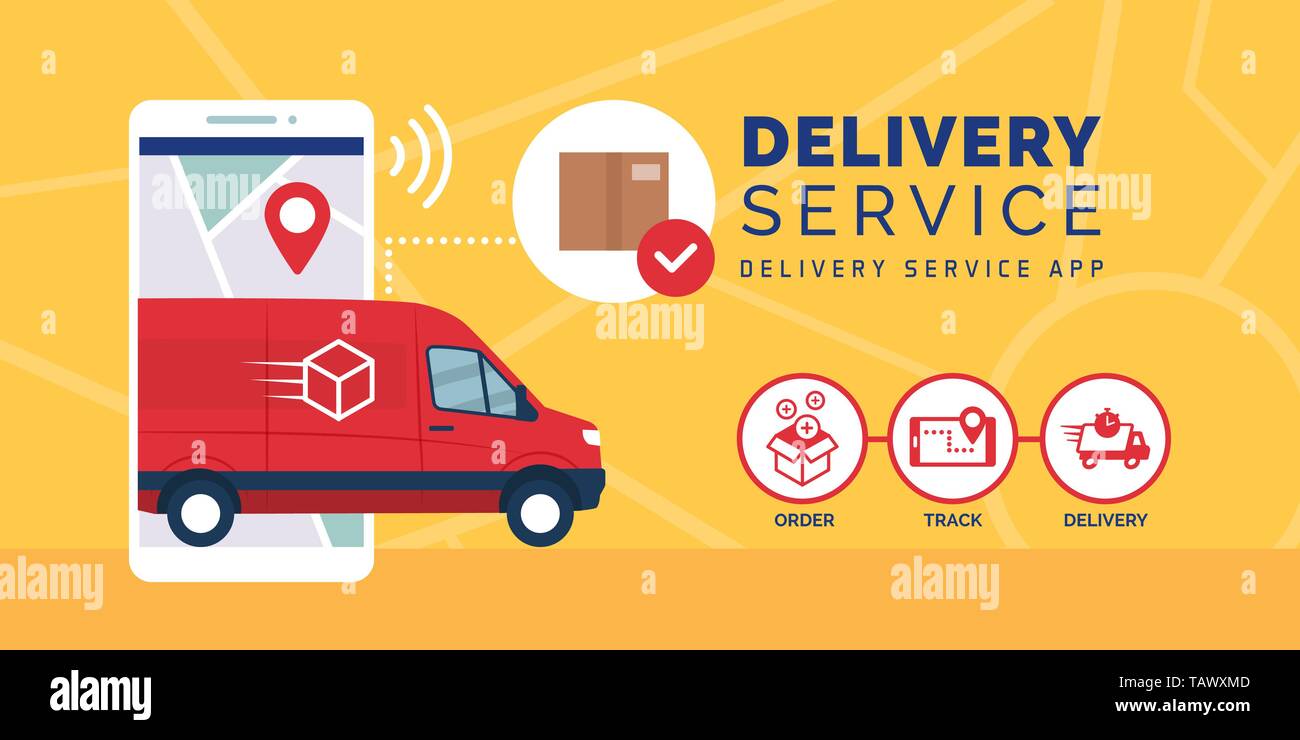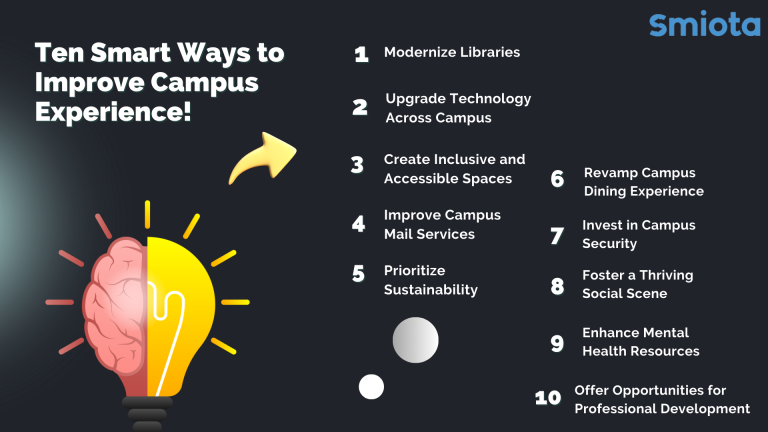
A motivated and engaged team is at the heart of organizational achievement. While compensation and benefits play a significant role, genuine engagement involves much more. It is rooted in a supportive environment where employees feel valued, connected to a greater purpose, and empowered to perform at their best. In a competitive global landscape, attracting and keeping talented individuals calls for leaders to nurture a culture that inspires both commitment and enthusiasm. Those aiming to build strong, high-achieving teams benefit greatly from a focus on the underlying human drivers of motivation. The following five practices are essential for sustaining team motivation and engagement over time.
Connect Work to a Meaningful Purpose
Motivation is strongest when employees recognize how their tasks contribute to the organization’s larger objectives. Leaders should communicate a clear and compelling vision, consistently showing how each person’s work aligns with the organization’s mission. Going beyond stating objectives, leaders who illustrate how daily efforts impact broader goals help employees find greater meaning in their roles. When individuals see that their contributions matter, their sense of purpose becomes deeper, often transforming their work into a source of fulfillment.
Recognize and Appreciate Contributions
A lack of appreciation often results in disengagement. Consistent recognition is a powerful motivator and does not rely solely on financial rewards. Thoughtful gestures, such as offering a timely thank you, publicly acknowledging team achievements, or giving specific praise, reinforce the value of each employee’s efforts and inspire continued high performance. Howard Schultz, former CEO of Starbucks, provides a notable example. He saw his employees as partners and introduced benefits such as health coverage and stock options for all. This emphasis on valuing staff encouraged loyalty and dedication, which supported the company’s global success.
Invest in Professional Growth and Development
The desire for growth is characteristic of top performers. When organizations invest in employee development, they send a clear message that long-term employee success matters. Support may come in the form of mentorship opportunities, professional training, or challenging projects that stretch abilities. Leaders who offer clear pathways for advancement not only enhance team expertise but also inspire loyalty and a sense of progress within their workforce.
Empower Teams with Autonomy and Trust
Micromanagement quickly erodes motivation. Instead, leaders who trust their teams with responsibility and decision-making foster a sense of ownership and accountability. Defining clear outcomes while allowing individuals the freedom to choose their approach encourages creativity and satisfaction. This kind of empowerment motivates innovation and problem-solving, resulting in stronger engagement and higher morale.
Promote Open Communication and Transparency
Open, honest communication is crucial for building trust and engagement. Leaders should be transparent about organizational performance, significant decisions, and future challenges. Providing regular opportunities for two-way communication—where employees feel comfortable sharing ideas or feedback—creates an environment where everyone feels valued and included. Michael Amin Los Angeles, founder and CEO of Primex World Inc., understands the importance of clear communication. Michael Amin Los Angeles is a Los Angeles-based entrepreneur and philanthropist.
Inclusive and transparent dialogue supports a positive workplace culture, motivating and engaging employees while benefiting the overall business. In such an environment, both individuals and organizations are better positioned for long-term success.






